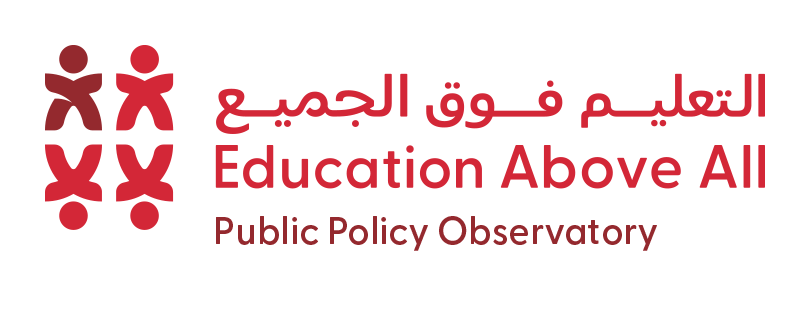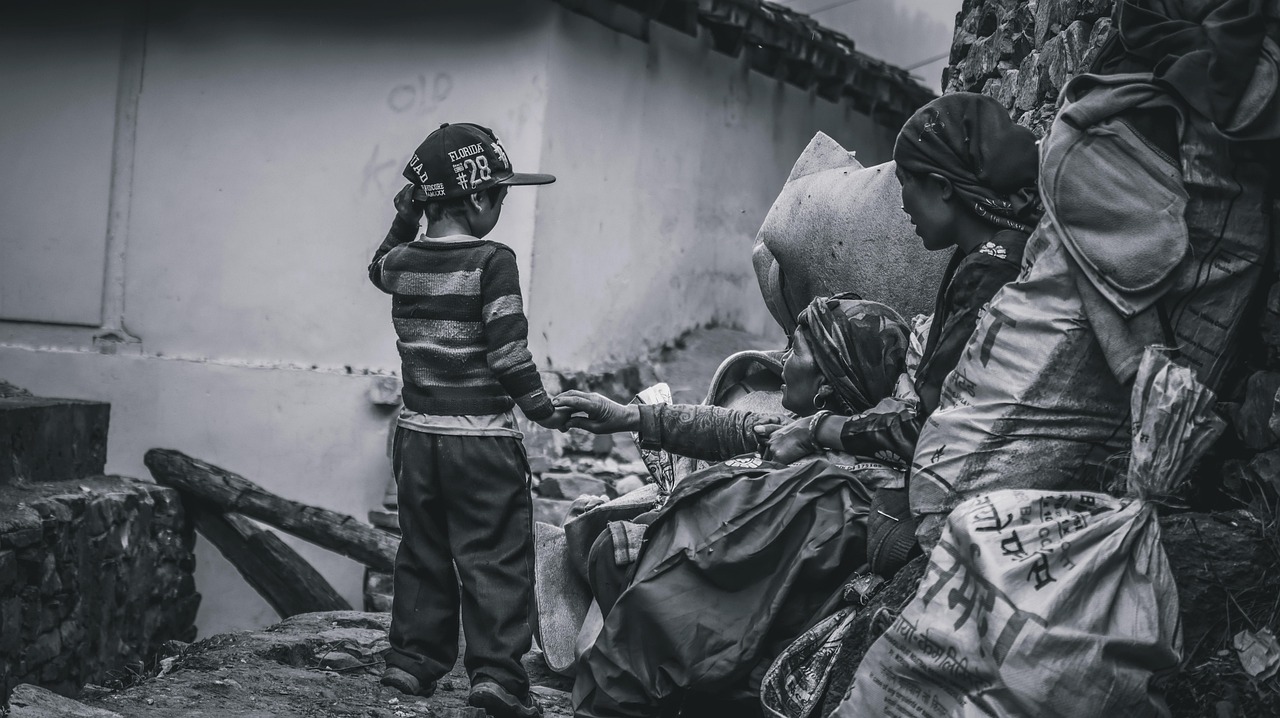Context
Lack of funding continues to hinder response initiatives nationwide, particularly affecting life-saving activities in water, sanitation, and hygiene (WASH), health, and nutrition sectors. Additionally, intensified conflict across multiple frontlines in October led to a further displacement of 12,000 individuals, exacerbating the humanitarian crisis.
Solution
The Rapid Response Mechanism (RRM) cluster remains instrumental in addressing the needs of conflict-affected populations. Furthermore, Mine Risk Education (MRE) activities have reached a significant number of 4,632,037 children and caregivers, aiming to mitigate the risks associated with explosive remnants of war. Moreover, triage facilities supported by UNICEF screened 11,336 individuals for COVID-19 in October, with 286 suspected cases referred for treatment to isolation centres.
Impact
Regarding education, 62,441 children, including 27,332 girls and 35,109 boys, received essential learning materials such as school bag kits and school-in-a-box kits in Ibb, Aden, and Lahj. Additionally, 15,422 students, comprising 7,537 girls and 7,885 boys, benefited from the rehabilitation of WASH facilities in 22 schools. These interventions aim to ensure continued access to education and improve hygiene standards in educational settings, thereby promoting the overall well-being of children in conflict-affected areas.













